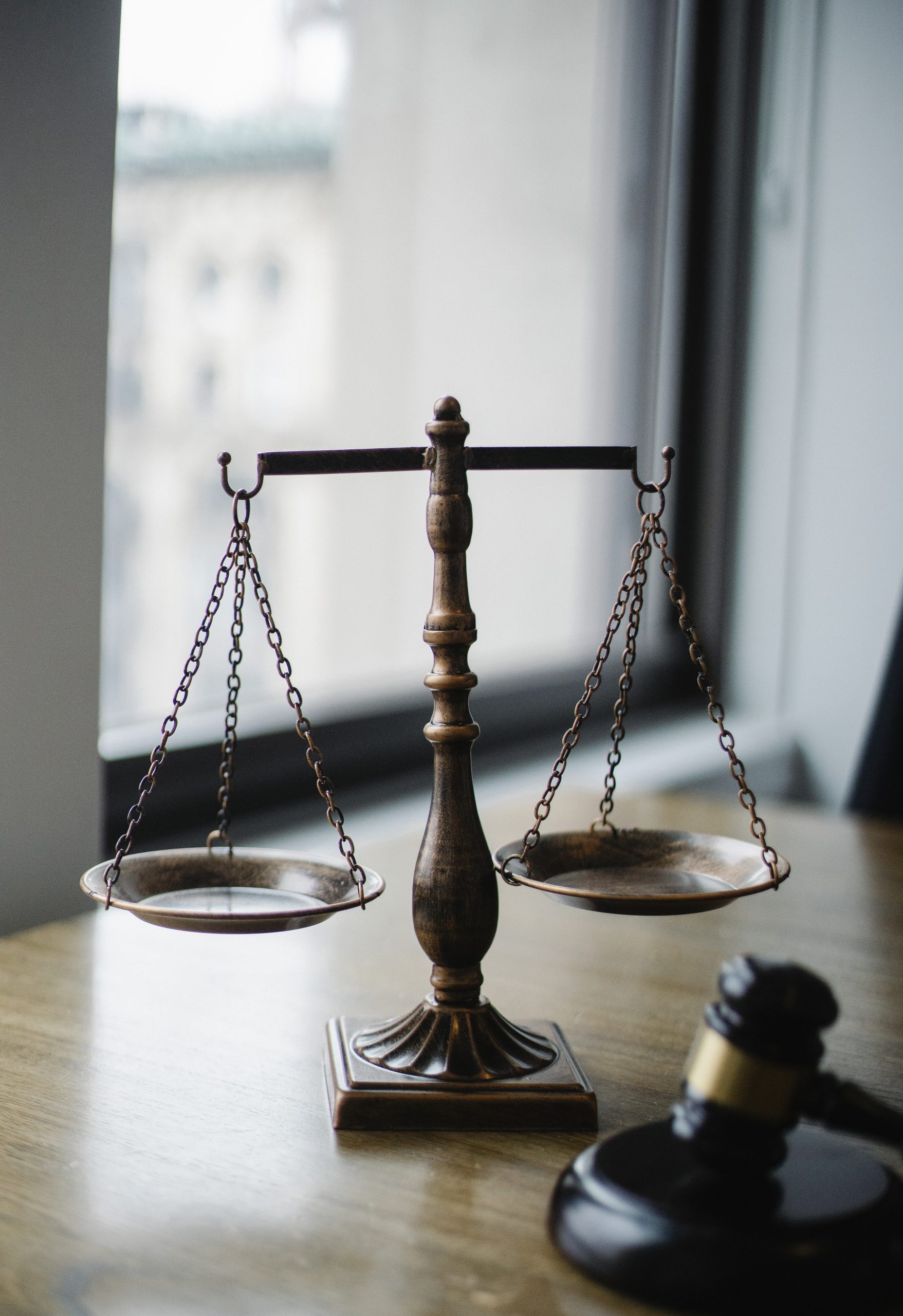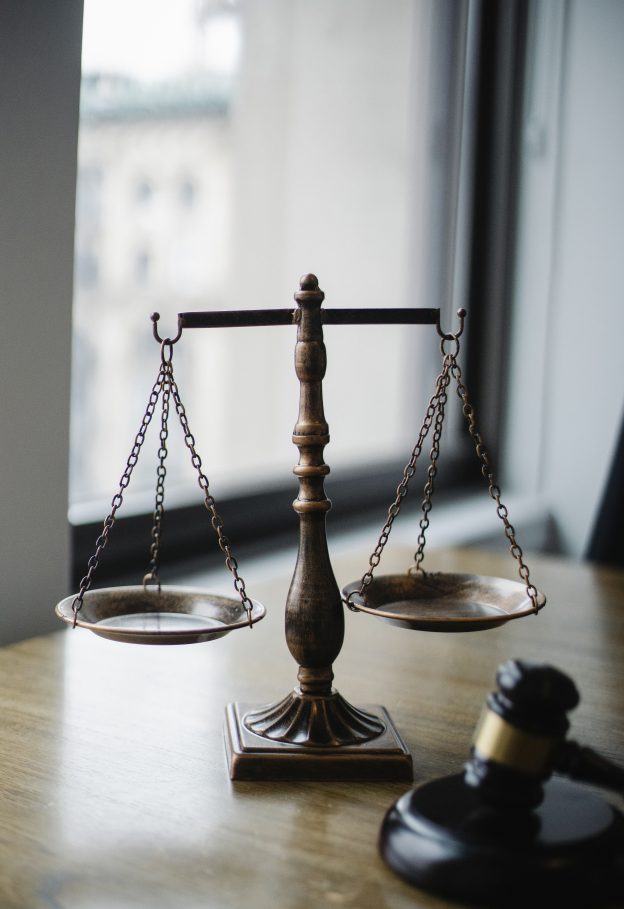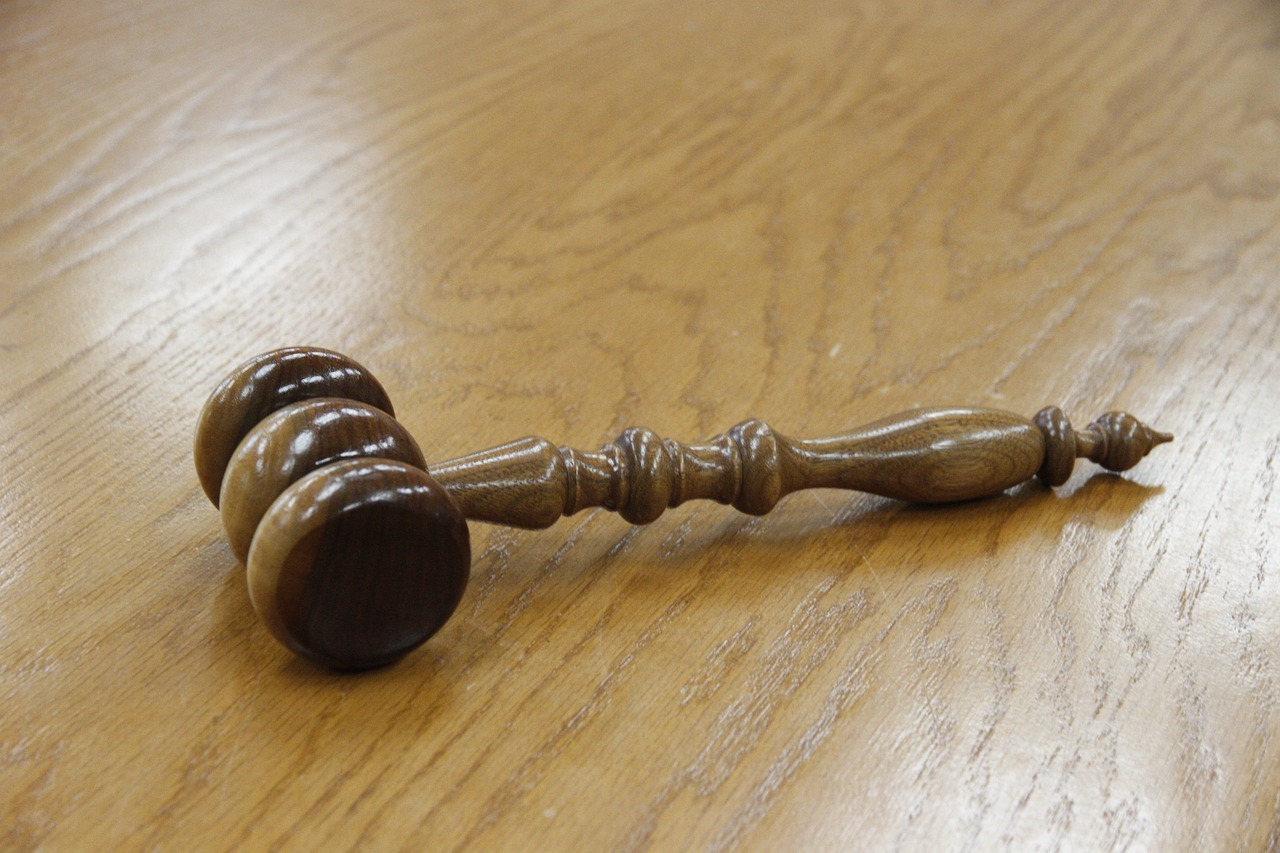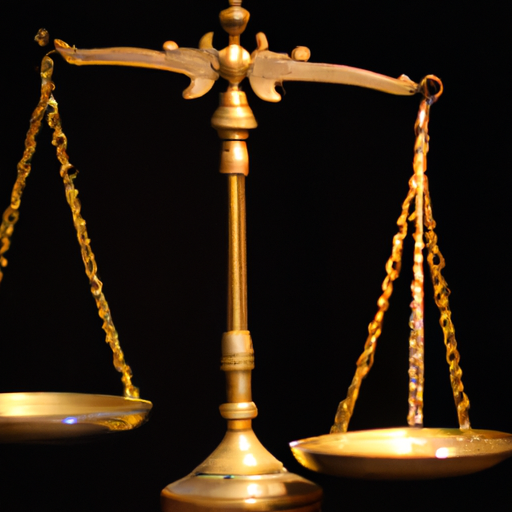In need of expert guidance and reliable legal representation for criminal charges? Look no further than the Criminal Law Attorney. With a deep understanding of the complexities and intricacies of criminal law, this attorney is equipped to handle a wide range of cases, providing comprehensive legal solutions for individuals facing criminal charges. Through informative blog posts, this attorney aims to address common legal concerns, offering reassurance, guidance, and ultimately, the necessary steps to take for resolution. From engaging case studies to relatable real-life scenarios, the Criminal Law Attorney showcases their expertise and experience in a manner that sets them apart from others in the field. With a clear call-to-action, this attorney encourages potential clients to promptly seek assistance by reaching out for a consultation. Trust in the skills and knowledge of the Criminal Law Attorney to navigate the complexities of the legal system and secure the best possible outcome for your case.
What is Criminal Law?
Criminal law is a branch of the legal system that deals with offenses committed against society as a whole. It encompasses a set of rules and regulations that define various crimes and their corresponding penalties. The primary purpose of criminal law is to maintain social order, protect individuals and their property, and deter individuals from engaging in criminal behavior.
Definition
Criminal law refers to the body of laws that govern criminal offenses and the punishment for those offenses. These laws are established at the federal, state, and local levels, and they outline the specific acts or omissions that constitute a crime. Criminal law is enforced by law enforcement agencies and prosecuted by attorneys representing the government.
Purpose of Criminal Law
The purpose of criminal law is multifaceted. Firstly, it aims to protect society by deterring individuals from committing crimes. The threat of criminal punishment acts as a deterrent, dissuading potential offenders from engaging in unlawful activities. Additionally, criminal law seeks to maintain social order and ensure the safety and well-being of individuals within a society.
Criminal law also serves as a means of holding individuals accountable for their actions. It provides a framework through which offenders can be identified, prosecuted, and, if found guilty, appropriately punished. By establishing clear guidelines for what constitutes a crime and the corresponding penalties, criminal law promotes fairness and justice in the legal system.
Types of Criminal Offenses
Criminal offenses can be classified into various categories, each with its own distinct characteristics and penalties. Some common types of criminal offenses include:
-
Violent Crimes: These offenses involve the use of force or threat of force against another person. Examples include murder, assault, and robbery.
-
Property Crimes: Property crimes involve offenses against someone else’s property, such as theft, arson, and vandalism.
-
White-collar Crimes: White-collar crimes are non-violent offenses typically committed by individuals in business or professional settings. Examples include fraud, embezzlement, and insider trading.
-
Drug Crimes: Drug crimes involve the possession, distribution, or manufacturing of illegal substances. This category includes offenses related to both illicit drugs and controlled substances.
-
Sex Crimes: Sex crimes encompass offenses of a sexual nature, such as rape, sexual assault, and child pornography.
-
Traffic Offenses: While not typically considered as serious as other criminal offenses, traffic offenses still fall within the realm of criminal law. These include driving under the influence (DUI), reckless driving, and hit-and-run accidents.
Why You Need a Criminal Law Attorney
Facing criminal charges can be an overwhelming and stressful experience. Whether you have been accused of a minor offense or a serious crime, it is crucial to have a skilled criminal law attorney by your side. Hiring an attorney specializing in criminal defense has numerous advantages that can greatly impact the outcome of your case.
Legal Expertise
One of the primary reasons you need a criminal law attorney is their extensive legal expertise. Criminal defense attorneys possess in-depth knowledge of criminal law, including the specific statutes, procedures, and legal precedents relevant to your case. With their understanding of the legal system, they can navigate the complexities of your case and develop effective defense strategies tailored to your situation.
Protecting Your Rights
Another crucial role of a criminal law attorney is to protect your constitutional rights. When you are facing criminal charges, you have the right to due process, protection against self-incrimination, and legal representation. A skilled attorney will ensure that your rights are upheld throughout the legal process, safeguarding you from any wrongdoing or violations.
Navigating the Legal System
The legal system can be overwhelming and complex for individuals without a legal background. A criminal law attorney acts as your guide, helping you understand the charges against you, the potential consequences, and the available legal options. They will explain the entire legal process to you, guide you through all necessary paperwork and court appearances, and negotiate with prosecutors or argue your case in court on your behalf.

How to Choose a Criminal Law Attorney
Choosing the right criminal law attorney is a crucial decision that can greatly impact the outcome of your case. When selecting an attorney to represent you, consider the following factors:
Experience and Expertise
Look for an attorney with significant experience and expertise in criminal defense. They should have a track record of successfully handling cases similar to yours. An experienced attorney will have developed a deep understanding of criminal law and the strategies necessary to defend their clients effectively.
Reputation and Track Record
Research the attorney’s reputation within the legal community and among their clients. Read reviews and testimonials from past clients to gauge their level of satisfaction and the attorney’s ability to deliver positive outcomes. Additionally, consider any awards or recognition the attorney has received for their work in the field of criminal defense.
Communication and Availability
Effective communication between you and your attorney is vital throughout the legal process. Choose an attorney who is responsive and communicative, keeping you informed of updates and developments in your case. They should be available to address any questions or concerns you may have and provide regular updates on the progress of your defense.
Services Offered by a Criminal Law Attorney
A criminal law attorney offers a range of services designed to protect your rights and achieve the best possible outcome for your case. Some of the key services they provide include:
Legal Consultation
During an initial consultation, the attorney will assess the details of your case, review any available evidence, and provide a comprehensive understanding of your legal options. They will explain the potential consequences you may face and advise you on the best course of action to take.
Pre-trial Representation
In the pre-trial phase, your attorney will gather evidence, interview witnesses, and develop a defense strategy. They may negotiate with the prosecutor to reduce or dismiss charges, explore potential plea bargains, or seek alternative sentencing options.
Courtroom Representation
If your case goes to trial, your criminal law attorney will represent you in court, presenting your defense strategy, questioning witnesses, and challenging the prosecution’s evidence. They will employ their legal knowledge and advocacy skills to present your case in the most favorable light possible.
Sentencing and Appeals
If the court finds you guilty, your attorney will advocate for the most lenient sentence possible. They will present mitigating factors and argue for alternative sentencing options, such as probation or rehabilitation programs. In the event of an unfavorable outcome, your attorney can guide you through the appeals process, seeking to have the conviction overturned or the sentence modified.
Frequently Asked Questions About Criminal Law Attorneys
What does a criminal law attorney do?
A criminal law attorney specializes in defending individuals accused of crimes. They provide legal representation, guide clients through the criminal justice system, develop defense strategies, negotiate with prosecutors, and advocate for their clients in court.
How can a criminal law attorney help me?
A criminal law attorney can protect your rights, provide legal advice, gather evidence, negotiate with prosecutors, represent you in court, and work towards minimizing the consequences of your case. They will ensure that you receive a fair trial and provide guidance throughout the entire legal process.
What are the qualifications of a criminal law attorney?
To practice criminal law, attorneys must have a Juris Doctor (J.D.) degree from an accredited law school and pass the state bar examination. It is also important to look for an attorney with experience and a strong track record in criminal defense.
How much does hiring a criminal law attorney cost?
The cost of hiring a criminal law attorney can vary depending on various factors, such as the complexity of the case and the attorney’s experience and reputation. Attorneys may charge an hourly rate or a flat fee, and some may offer payment plans or accept insurance coverage. It is essential to discuss fees and payment arrangements with the attorney during the initial consultation.
What should I do if I’m arrested?
If you are arrested, it is crucial to remain calm and assert your right to remain silent. Do not provide any statements or answer any questions without your attorney present. Contact a criminal law attorney as soon as possible to ensure that your rights are protected and to obtain legal advice tailored to your specific situation.
The Criminal Defense Process
Understanding the criminal defense process can help you navigate through your case more effectively. The process typically involves the following stages:
Investigation and Arrest
The criminal defense process begins with an investigation, during which law enforcement agencies gather evidence and interview potential witnesses. If they believe there is sufficient evidence, they may make an arrest.
Arraignment and Bail
After an arrest, the accused is brought before a judge for arraignment. At this stage, the charges are formally presented, and the defendant enters a plea. Depending on the severity of the charges, the judge may set bail, which allows the accused to be released from custody pending trial.
Discovery and Pre-trial Motions
During the discovery phase, both the prosecution and defense exchange information and evidence relating to the case. The defense may file pre-trial motions, such as a motion to suppress evidence or a motion to dismiss charges.
Trial and Verdict
If the case proceeds to trial, both sides present their arguments and evidence to a judge or jury. The prosecution seeks to prove the defendant’s guilt beyond a reasonable doubt, while the defense challenges the prosecution’s case. At the end of the trial, a verdict is reached, either through a jury’s decision or a judge’s ruling.
Sentencing and Appeals
If the defendant is found guilty, the court will proceed with sentencing. The judge considers various factors, such as the severity of the crime, the defendant’s criminal history, and any mitigating factors. The defense may also present arguments for alternative sentencing options. If the outcome is unfavorable, the defense may file an appeal to a higher court.

Case Studies: Successful Criminal Defense Strategies
Examining successful criminal defense strategies can provide valuable insights into the various approaches that attorneys employ to achieve positive outcomes for their clients. Here are three case studies highlighting different defense strategies:
Case Study 1: Defending against False Accusations
In a high-profile case, our client, a prominent business owner, was falsely accused of embezzlement by a former disgruntled employee. The defense team meticulously analyzed financial records, interviewed witnesses, and uncovered evidence that proved our client’s innocence. Through strategic cross-examination and expert testimony, we successfully discredited the prosecution’s case, resulting in a not guilty verdict and the restoration of our client’s reputation.
Case Study 2: Suppressing Illegally Obtained Evidence
Our client was facing drug trafficking charges after law enforcement officers conducted an illegal search of their property. Our defense team filed a motion to suppress the evidence, arguing that the search violated our client’s Fourth Amendment rights. The court granted the motion, ruling the evidence inadmissible. With the key evidence suppressed, the prosecution was unable to proceed, and all charges were dismissed.
Case Study 3: Negotiating Reduced Charges or Plea Bargains
Our client was charged with assault after a physical altercation at a bar. The defense team conducted a thorough investigation and discovered that our client had acted in self-defense. We skillfully negotiated with the prosecution, presenting our evidence and explaining the circumstances that led to the altercation. Through a plea bargain agreement, our client’s charges were reduced to a misdemeanor, resulting in a more favorable outcome and minimizing the potential consequences.
Client Testimonials
Real-life testimonials from satisfied clients can provide valuable insight into the quality of service and expertise offered by a criminal law attorney. Here are a few testimonials from our clients:
Testimonial 1: How This Attorney Saved My Future
“After being wrongfully accused of a serious crime, I was terrified about what lay ahead. Thanks to the expertise and dedication of this attorney, my innocence was proven, and I was able to reclaim my life. Their attention to detail, relentless pursuit of the truth, and unwavering support made all the difference. I cannot recommend them highly enough.”
Testimonial 2: The Best Criminal Defense Lawyer in Town
“When I found myself facing criminal charges, I knew I needed the best legal representation available. This attorney exceeded all my expectations. Their deep knowledge of criminal law, strategic approach, and exceptional negotiation skills resulted in a favorable outcome for my case. Their availability and clear communication throughout the entire process provided me with much-needed peace of mind.”
Testimonial 3: Unmatched Expertise and Dedication
“My experience with this attorney was outstanding from start to finish. Their dedication, professionalism, and extensive expertise in criminal defense law were evident in every interaction. Their commitment to protecting my rights and achieving the best possible outcome for my case were unwavering. I am incredibly grateful for their guidance and legal representation.”

Contact a Criminal Law Attorney Today
If you or someone you know is facing criminal charges, it is crucial to seek the guidance of an experienced criminal law attorney. With their legal expertise, knowledge of the criminal justice system, and commitment to protecting your rights, they can provide you with the highest level of defense. Contact us today to schedule a consultation and discuss the details of your case. Our team of skilled attorneys is here to fight for you and guide you through this challenging process.

















































